Over the past week, parliamentary elections were held in three countries—France, Singapore, and Australia. In Singapore, there were no surprises: the People’s Action Party (PAP), which has ruled since the country’s independence in 1965, won its 14th consecutive election on Saturday. In a landslide victory, PAP secured 87 of the 97 parliamentary seats, effectively decimating the fledgling opposition.
Snatching Victory from the Jaws of Defeat
The stories in France and Australia, however, were of unexpected political turnarounds. In both countries, polling data had suggested that the ruling parties were on the verge of defeat. In Canada—where the opposition once led the ruling party by as much as 27 points—and in Australia, pollsters predicted at best a hung parliament.
But that wasn’t to be.
Less than a week after Mark Carney’s political resurgence in Canada, it was Australian Prime Minister Anthony Albanese who delivered a stunning comeback on Saturday. His victory marks yet another instance of a left-leaning leader defying polling predictions—at a time when former US President Donald Trump continues to upend global economic and political norms.
Both Carney and Albanese, though vastly different in background—Carney being a central banker-turned-politician and Albanese a seasoned political veteran—achieved what many thought unlikely: they snatched victory from the jaws of near-certain defeat.
The Election That Was
Australia held its federal election on Saturday to elect the 48th Parliament. Up for grabs were all 150 seats in the House of Representatives and 40 of the 76 Senate seats. Like in India and the UK, Australians do not directly elect their Prime Minister; rather, the leader of the party with the majority in the lower house assumes the role.
To form a government, a party needs at least 76 seats in the House of Representatives.
The Previous Parliament
Prior to its dissolution, the Labor Party held a narrow majority with 77 seats. The Liberal-National Coalition held 53 seats (39 Liberal, 14 National). The crossbench consisted of 19 MPs—4 Greens, 13 Independents, and one each from Katter’s Australian Party and the Centre Alliance. Two seats were vacant.
The Verdict
While official results are still being finalised, the outcome is clear: the ruling center-left Labor Party, led by Anthony Albanese, has won a decisive majority. According to the Australian Broadcasting Corporation (ABC), Labor secured 85 seats—an increase from 77—while the Liberal-National Coalition managed only 39. The Greens were nearly wiped out, dropping from four seats to possibly one or none. Independents are projected to win around 10 seats.
From a razor-thin two-seat margin in 2022 to a historic double-digit majority in 2025, this is a landmark victory for Labor.
A Historic Win
Albanese’s win is significant for multiple reasons. It marks the first time in 21 years that an Australian Prime Minister has been re-elected. He is also the first Labor PM to achieve back-to-back wins since Bob Hawke, who served from 1983 to 1991.
By breaking the so-called “leader’s curse”—where Prime Ministers are typically ousted by their own party or lose after a single term—Albanese has bucked a longstanding trend in Australian politics.
His opponent, Liberal leader Peter Dutton, suffered a historic personal defeat, becoming the first opposition leader to lose both the election and his own parliamentary seat. Often likened to Donald Trump for his hardline views, Dutton’s rhetoric, including a campaign call to “Make Australia Great Again”, appears to have alienated a large portion of the electorate.
Proving the Pollsters Wrong
The scale of Labor’s victory stunned analysts and pollsters alike. Across the country, the results showed a near-universal trend: voters rejected the Coalition’s message, and many of its senior figures lost their seats. Labor’s success also overshadowed the Greens and the rising tide of independents.
The Trump Effect
As in Canada, Donald Trump’s global influence cast a long shadow over the election. Coalition policies promoting “efficiency” and public service cuts, along with rhetoric resembling Trump-style populism, failed to resonate with voters. Shadow Minister Jacinta Nampijinpa Price’s “Make Australia Great Again” remark is believed to have been a turning point that rallied voters around Labor.
Albanese’s Victory Speech
In his victory speech, Albanese declared that the Australian people had voted for “Australian values—for fairness, aspiration, and opportunity for all”. He emphasised that in uncertain times, Australians had chosen “optimism and determination”.
“We do not need to beg or borrow or copy from anywhere else,” he said. “We find our inspiration right here in our values and in our people.”
Labor Consolidates Power
As of this writing, Labor’s projected seat count has climbed to 87, while the Coalition has slumped to 40. The Greens may retain only one seat, independents eight, and others two.
Labor has also made gains in the Senate, though it will not have an outright majority. However, with support from the Greens and at least one independent, it is likely to have the numbers to pass legislation without Coalition support.
What Worked for Albanese
Despite criticism in his first term—particularly on cost-of-living pressures and environmental policy—Albanese’s campaign promises appear to have struck a chord. He pledged tax cuts, cheaper medicines, lower deposit thresholds for first-time homebuyers, and the construction of 1.2 million homes. On climate, despite previous approvals of coal and gas projects, he reaffirmed his commitment to climate action, presenting a stark contrast to the conservative rollback of environmental policies seen in other countries.
The Road Ahead
Albanese’s landslide win is a remarkable reversal for a leader whose popularity hit record lows earlier this year. He now faces immense challenges: addressing inflation, fixing the housing and healthcare systems, and navigating an increasingly unpredictable global landscape shaped by Trump-era geopolitics.
But as Australian Labor Party president Wayne Swan put it, the result is an opportunity “to further reshape Australia as a prosperous, egalitarian and forward-looking society”.
Implications for India
Indian Prime Minister Narendra Modi congratulated Albanese on his re-election, expressing hope for deeper strategic ties. As both countries are members of the strategic QUAD alliance (with the US and Japan), Albanese’s return signals continuity in strengthening Indo-Australian cooperation, bolstered by mutual visits in 2023.
The author is a multi-disciplinary thought leader with Action Bias and an India based impact consultant. He is a keen watcher of changing national and international scenarios. He works as President Advisory Services of Consulting Company BARSYL. Views expressed in the above piece are personal and solely those of the author. They do not necessarily reflect Firstpost’s views.


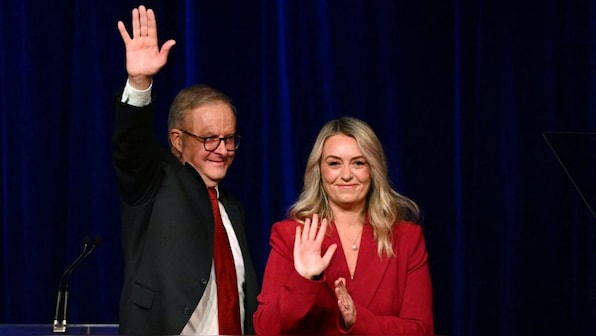)
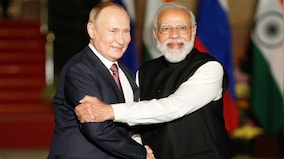)
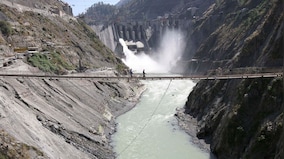)
)
)
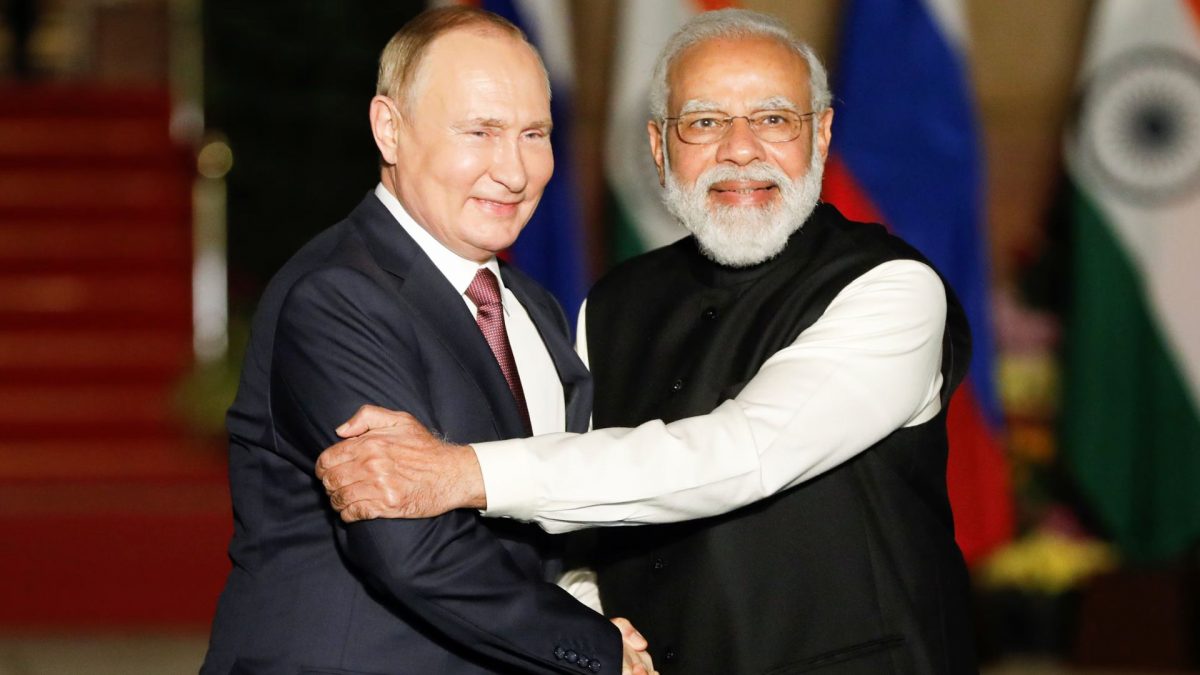)
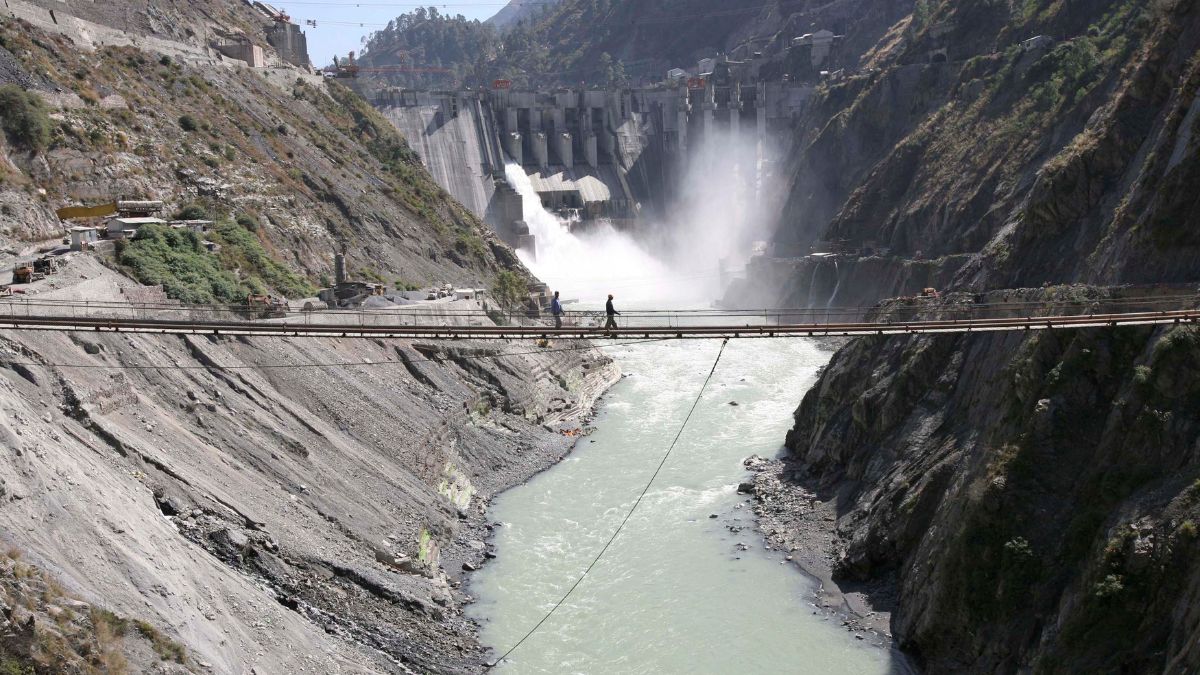)
)
)